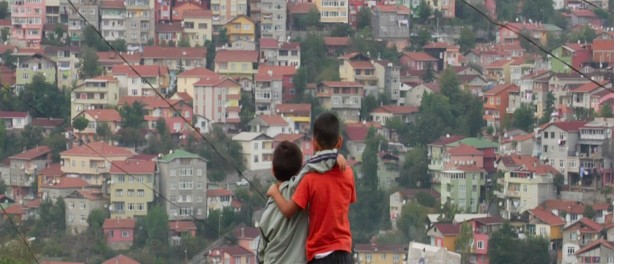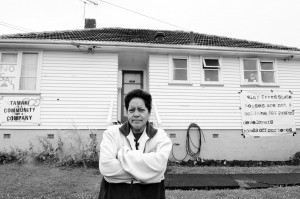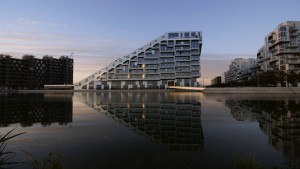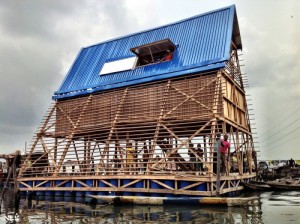The Architect Africa Film Festival, starts today at The Bioscope in Maboneng

For this edition, the AAFF2016 has partnered with its valued sponsors to bring audiences engaging and inspiring content through film and conversation.
“As South Africa’s urban landscape continues to change and evolve, it’s critical that architects, designers, urban planners and communities come together to explore how best to negotiate these changes, and unpack the role and importance of urban culture in shaping our modern world,” says Daniel van der Merwe, PPC architect. “The AAFF continues to provide an ideal platform to enable this – which is why PPC is proud to have our name associated with the event.”
Capitalising on the rapidly evolving power of film as an easily-accessible means of communication, the #AAFF2016 has put together a top-quality selection that will focus on Africa’s urban environment as well as global trends in architecture and urbanism, more than ever before.
“The University of Johannesburg’s Graduate School of Architecture (GSA) is committed to exploring new means and media in architecture and to finding diverse ways to express our relationship to our built and natural environments,” comments Professor Lesley Lokko, Head of the GSA. “Film is one such medium and we’re delighted to collaborate with our valued sponsors at AAFF2016 to bring this remarkable collection of films and documentaries about architecture and urbanism to Johannesburg.”
To further discussion around architecture and film, a number of prominent guest speakers have been invited to participate in panel discussions over the weekend. The first of these will be held at the Saint-Gobain GAP Urban Lounge at the Museum of African Design (MOAD) in Maboneng – and will focus on ‘Shaping the Future, Theme and Direction of an African Architectural Awards Program’. The panel will be chaired by Professor Lokko, with panellists Issa Diabate (Ivory Coast), Urko Sanchez (Kenya), Doreen Adengo (Uganda), and Mpethi Morojele and Thomas Chapman from Johannesburg, South Africa.
On Saturday evening, The Bioscope will host a discussion entitled ‘Architecture+Film’, which will be chaired by Dr Alexandra Parker, with panellists Luis Urbano (Portugal), Dumisane Phakathi (Johannesburg) and UJ student filmmaker, Kgao Mashego.
Must-see film highlights from the #AAFF2016 programme include:
The Infinite Happiness
Directors: Ila Bêka & Louise Lemoine
Inhabiting the giant “8 House” built by Danish architect, Bjarke Ingels, in the suburbs of Copenhagen, the directors recount their subjective experience of living inside this experimental vertical village, elected in 2011 as World Best Residential Building. By building up a collection of life stories, the film questions architecture’s ability to create collective happiness, showing the surprising results of this new type of social model of the 21st century.
Makoko. Futures Afloat.
Director: Femi Odugbemi
In the heart of Nigeria’s fastest growing city, Lagos, two worlds constantly live out the irony of economic realities. Divided by the popular third mainland bridge, the bustling economic part of the city stands adjacent to Makoko – a sprawling fishing community, floating on the waste of the city. Neglected by the government, Makoko strives for a place in the fortune and future of the city, by the effort of individuals who focus on educating children who otherwise would not have had any opportunity for formal education.
Detropia
Director: Heidi Ewing and Rachel Grady
Detroit’s story has encapsulated the iconic narrative of America over the last century – the migration of African Americans escaping the Jim Crow laws; the rise of manufacturing and the middle class; the love affair with automobiles; the flowering of the American dream; and now, the collapse of the economy and the fading American mythos.
The Regenerates
Director: Phlogiston Creative Industries
This documentary feature thought leaders in regeneration from around the world. Practitioners of Regenerative Design review key concepts, including living systems cultivation, place making, and the paradigm shift toward humans as positive actors on the ecological and social stage.



